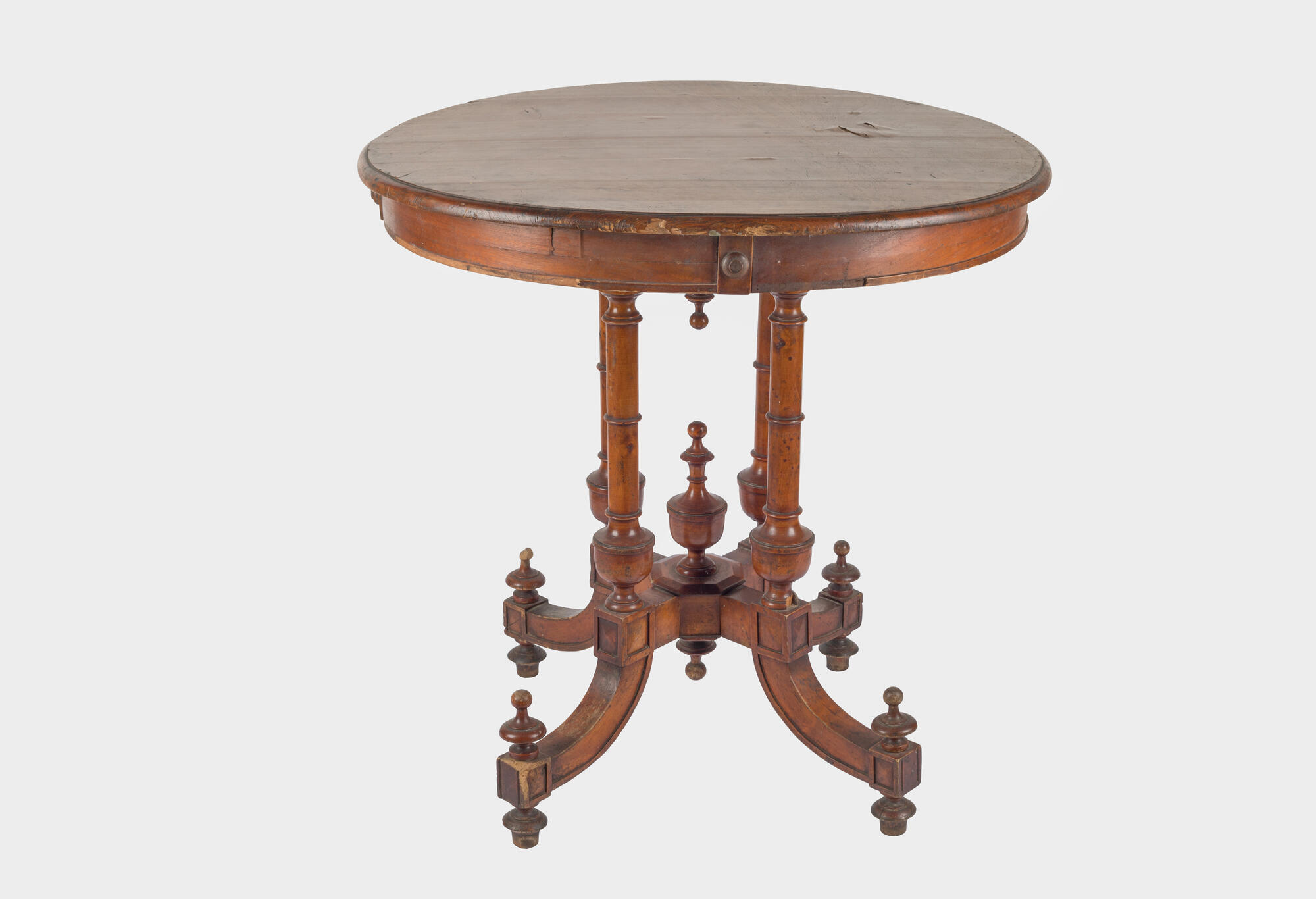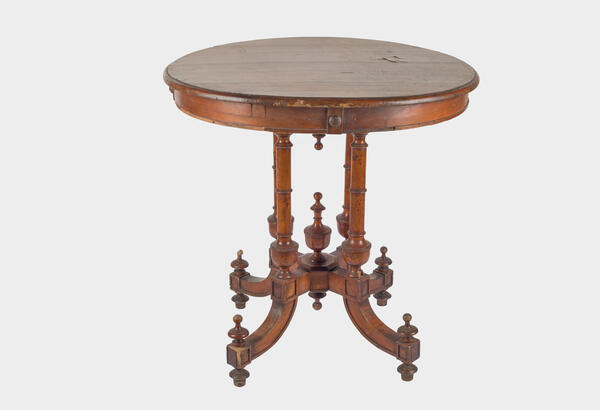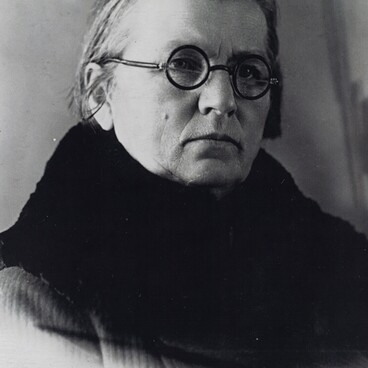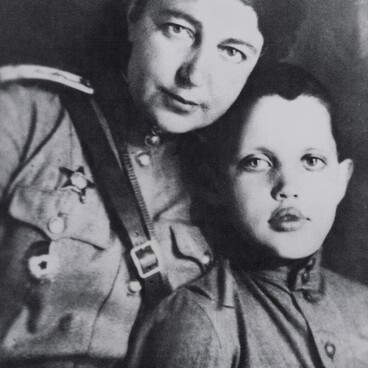This table was donated to the museum by Robert Rozhdestvensky’s first cousin once removed — Larisa Chuiko, a senior research officer at the Municipal Museum “Art of Omsk”. The table stood in the apartment of the poet’s relatives on his father’s side, Stanislav Petkevich, in Omsk, where they lived in 1937-1944.
The first Robert Rozhdestvensky’s childhood memories were about this very city.
The first Robert Rozhdestvensky’s childhood memories were about this very city.



